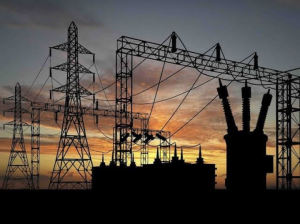The unreliable power supply in Nigeria has caused huge economic losses, estimated at N10.1tn annually, the World Bank has said.
In a new report, the World Bank noted that transition from a publicly-owned to a largely privately-owned power market, which began in 2013, did not bring the expected outcome.
“The sector is under severe stress,” it said, adding that the causes for the stress were interlinked and the result of key stakeholders falling short of their expected contributions for achieving sector turnaround.
Continuing, The report said this has led to a lack of trust between key stakeholders and among the general public with respect to power sector improvement.
The World Bank described the power sector, particularly the distribution segment, as “operationally inefficient with high losses.”
According to the report, Nigeria ranks 131st with respect to the overall ease of doing business in the World Bank’s Doing Business 2020, with getting access to electricity ranked as one of the major constraints.
“Ensuring access to reliable electricity supply is important for poverty alleviation,” the bank said.
With about 97 million people lacking access to grid electricity, the average annual per capita electricity consumption of Nigeria is 147 kW/h, which is a fifth of the average low middle-income country consumption.
Read Also: Three Suspects Connected With Arotile’s Death Handed To The Police






















